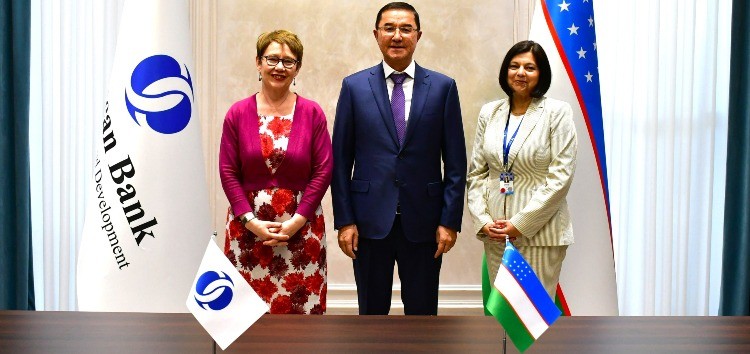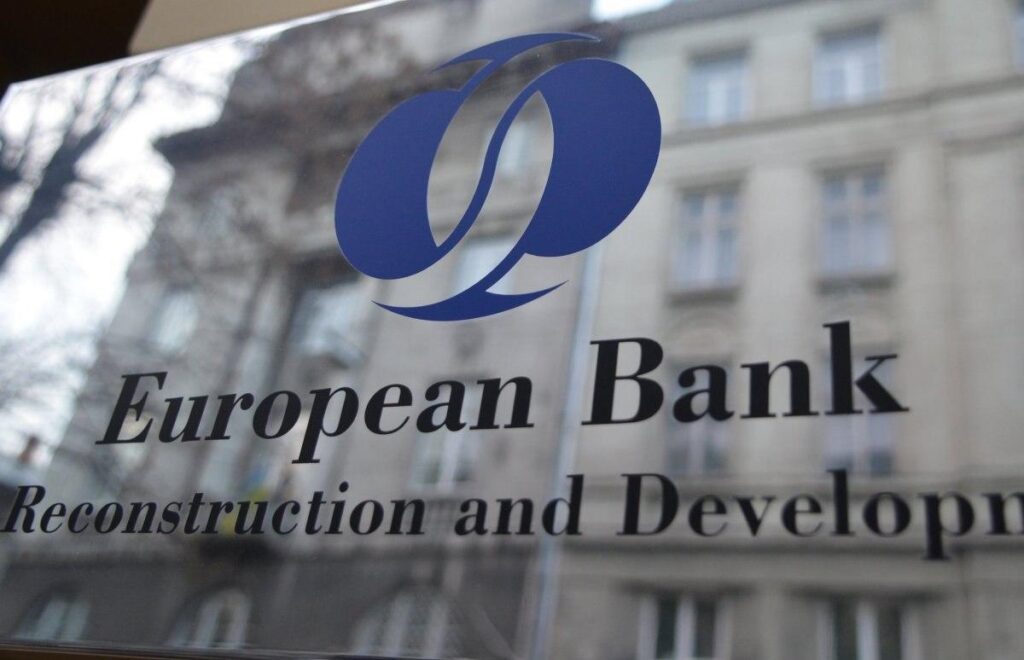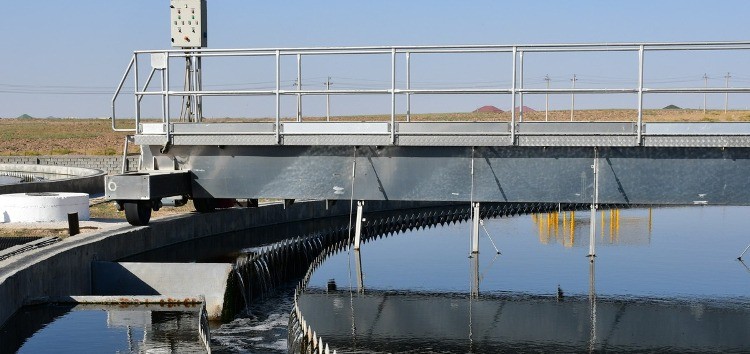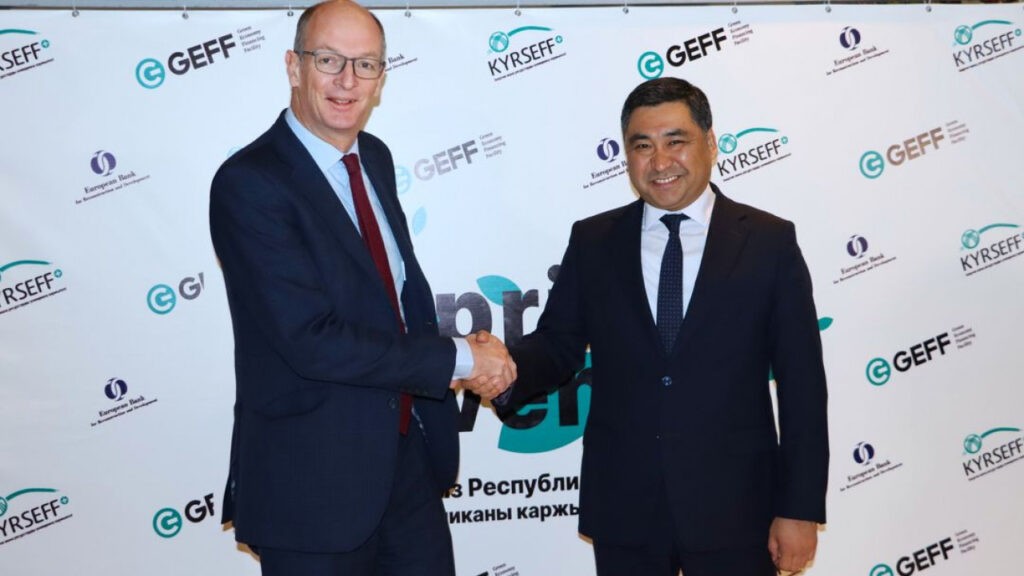EBRD Funds Upgrade of Major Highway in Uzbekistan
On 2 May, the European Bank for Reconstruction and Development (EBRD) announced the allocation of a loan of up to $238 million (€224 million) towards the renovation of around 81 km of the 4R156 road, as well as the construction of a bridge across the Amu Darya River in the Khorezm region of western Uzbekistan. The road is a strategically important section of the Central Asia Regional Economic Cooperation Corridor 2a, linking the region’s administrative centre, Urgench, with the A380 road to Kazakhstan. The loan will transform the current single-carriageway category-II road into a dual-carriageway category-I road, and in addition, help upgrade supporting infrastructure along the 4R156 road. Once completed, the new road with its much-improved throughput capacity, will stimulate both trade and tourism in Khorezm. EBRD President Odile Renaud-Basso commented: “We are supporting this project because it meets our strategic objectives for Uzbekistan and Central Asia. It is also part of the global transport and logistics infrastructure solutions covered by the European Union’s (EU) Global Gateway initiative.” In January 2024, at the Investors Forum for EU-Central Asia Transport Connectivity in Brussels, the EBRD expressed its readiness to invest around €1.5 billion in Trans-Caspian Corridor-related infrastructure and associated transport solutions over the next 2-3 years.






